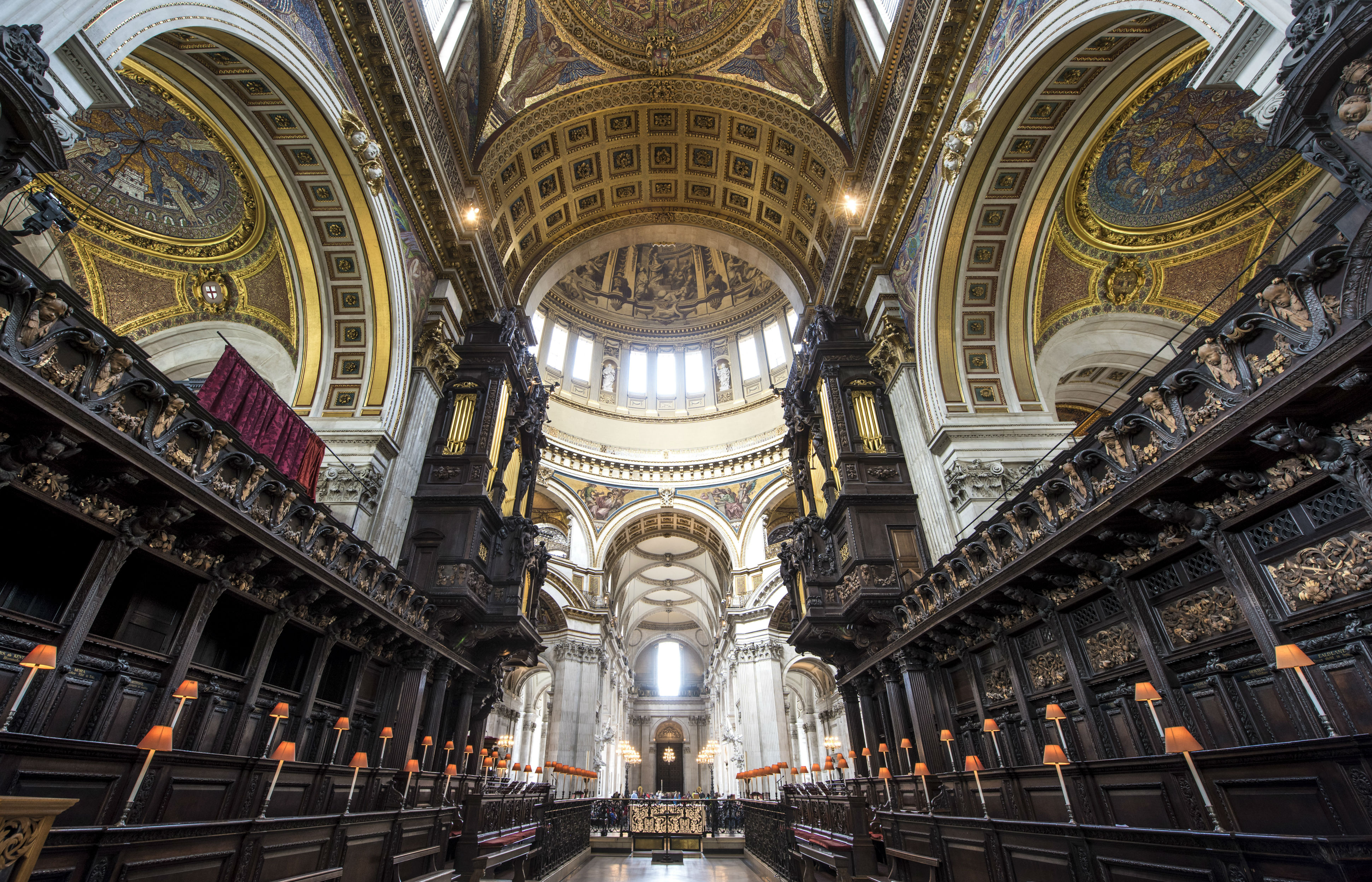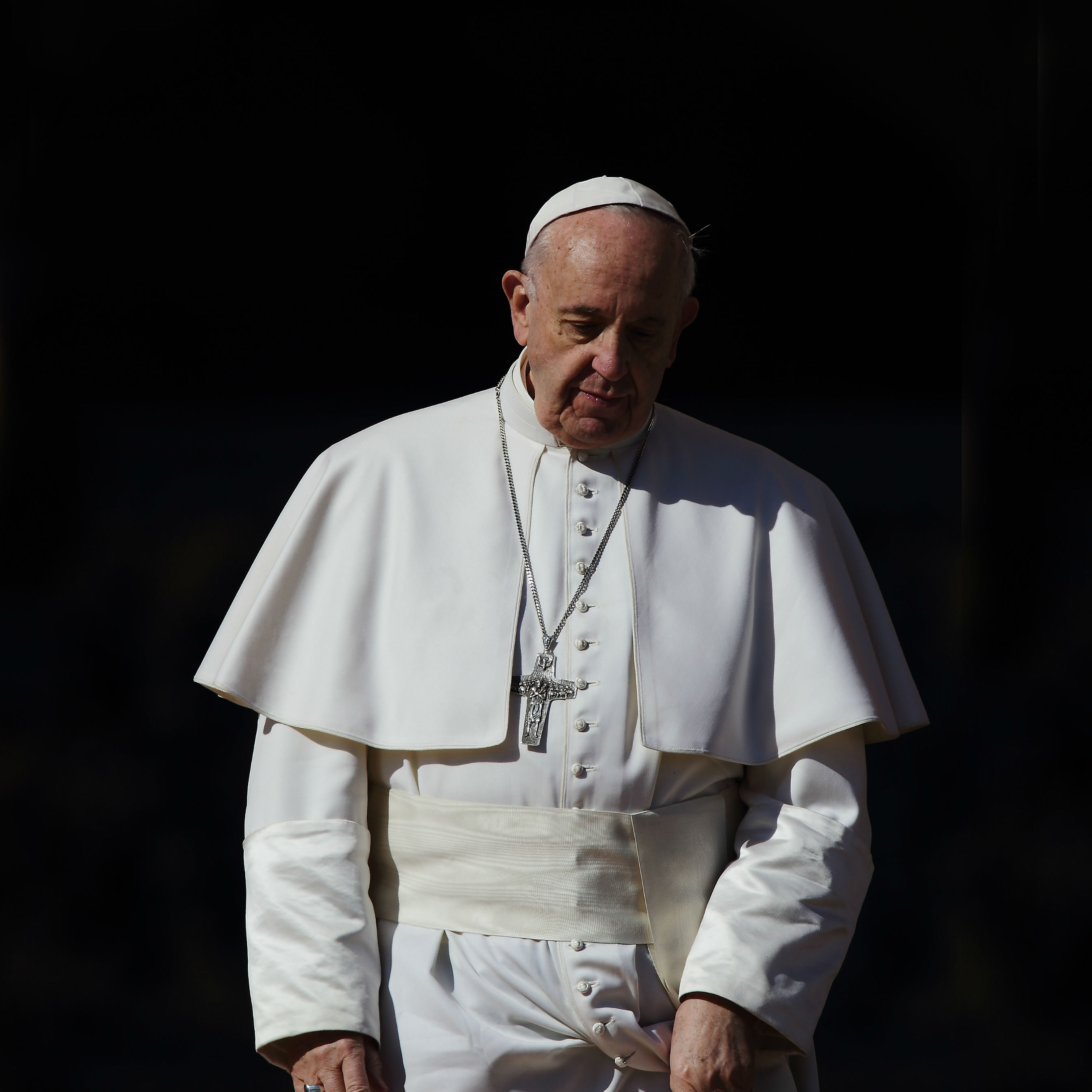The Pope has revealed he sought the help of psychoanalysis for a period of six months when he was aged 42.
Francis made the disclosure that he had weekly sessions with a female Jewish psychoanalyst in a series of interviews for a book written by French sociologist Dominque Wolton. “I went to her home once a week to clarify a few things,” the Pope explained, adding that it helped him a lot.
Papal biographer Paul Vallely pointed out that this was a time when Argentina was in the midst of its “dirty war” where a military dictatorship was rounding up and murdering its critics. The Pope, then superior of the Jesuits in Argentina, was accused of failing to help Fr Orlando Yorio and Franz Jalics, who were detained and tortured by the military regime. Vallely also reported that he was approached by the father of one “disappeared” pregnant woman, Elena de la Cuadra, who appealed to Bergoglio for help but did not receive assistance.
“Those were two of the issues thrown up by the Dirty War about which the future Pope probably ‘needed to clarify things’,” Vallely, the author of 'Pope Francis - Untying the Knots', said.
It is common for Argentinians to visit psychoanalysts, and the country has one of the largest numbers of medical practitioners in this field anywhere in the world. The Church has also softened its scepticism regarding psychoanalysis with Pope Paul VI giving it qualified approval in 1973.
Wolton, 70, is a leading French sociologist whose research into communication has included book-length interviews with prominent French leaders, including political philosopher Raymond Aron, politician Jacques Delors and Cardinal Jean-Marie Lustiger.
“I am an expert on political communication and not a specialist on religion,” he told the Paris daily 'Le Figaro'. “I just had the experience of doing an interview book with Cardinal Lustiger. Impressed by the impact of Pope Francis’s communications, I sent him a proposal. He accepted. I still can’t get over it!”
“I have a Christian background, a Catholic one, but I am an agnostic,” Wolton said. “Francis has a spiritual dimension that is visible in his joy and in his faith, but he is also completely secular in the way he functions. So we are different and close. He can discuss issues with anyone without any problem. I was fascinated by this constant interspersing of the religious and the secular.
“On human nature, he is not naive, not fooled by anything, especially not about the mechanisms of power and domination. On the other hand, he makes few references to God. He uses a religious vocabulary very sparingly. There’s something secularist in that. There are lots of prelates who wallow in a theological and conceptual mush. He’s just normal, that’s his genius. And there was no subject that was taboo, and no censorship on his part.”
Wolton told the weekly 'Famille Chrétienne': “Our interviews took place during 12 meetings between February 2016 and February 2017. That’s quite a lot considering the habits and customs of the Vatican.”



 Loading ...
Loading ...